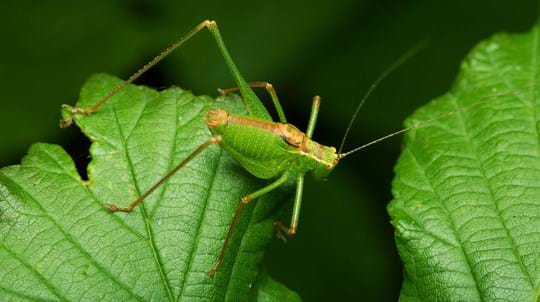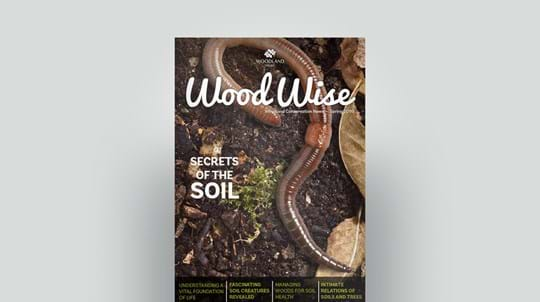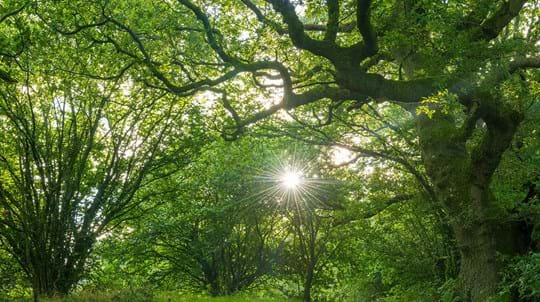
Go exploring
Primordial landscapes, tangled branches, breathtaking wildlife and miles of woodland trails. From the countryside to cities, we care for thousands of woods throughout the UK, all free to visit.
Find a wood near you
Content editor
Worms may not be the most attractive wildlife in the UK, but they are fascinating creatures that play an important role in the environment. Charles Darwin referred to earthworms as “nature’s ploughs” due to their ability to mix and fertilise soil.
Here are some other fascinating facts about worms:
No, not really. Instead, they have cells called receptors that can sense whether it’s light or dark. This allows worms to tell if they’re underground or above ground.
Worms have strong, muscular mouths, but no teeth. They have a varied diet that includes decaying vegetation, soil, dead animals and even some living organisms.
Yes, although they are not particularly complex. Each worm’s brain sits next to its other organs, and connects the nerves from the worm’s skin and muscles, controlling how it feels and moves.
Through their skin – but only if it’s kept moist. A worm’s skin is covered in mucus that helps them absorb oxygen. This is why they prefer to stay underground and come to the surface after rain. If a worm’s environment becomes too dry, it will dry out and be unable to breathe.
Worms possess a heart-like structure called an aortic arch. Five of these arches pump blood around the worm’s body.
Worms can survive underwater for several weeks as their skin can absorb oxygen from the water. However, they are unable to swim and will eventually drown if they fail to exit the water.
Worms don’t have limbs, so they stretch and contract muscles in their body to move about. They are helped by tiny bristles covering their bodies that allow them to grip surfaces.
Worms have the ability to regrow lost tissue and can survive losing parts of their body. Mature worms have a swollen gland just below the head, known as a clitellum. If cut below this gland, the worm will be able to regenerate the tissue it has lost. Contrary to popular belief, two worms will not grow from a worm that has been cut in half. The half with the head can survive and regenerate, while the other half will die.

Primordial landscapes, tangled branches, breathtaking wildlife and miles of woodland trails. From the countryside to cities, we care for thousands of woods throughout the UK, all free to visit.
Find a wood near you
Trees woods and wildlife
Find out about the millions of woodland insects and invertebrates that live among the leaves, under bark, in dead wood, leaf litter and soil.

Journal
PDF (1.39 MB)

Trees woods and wildlife
Broadleaf woods are characterised by trees with broad flat leaves that are not needle-like. Discover more of their features, their value to wildlife and where to see them.